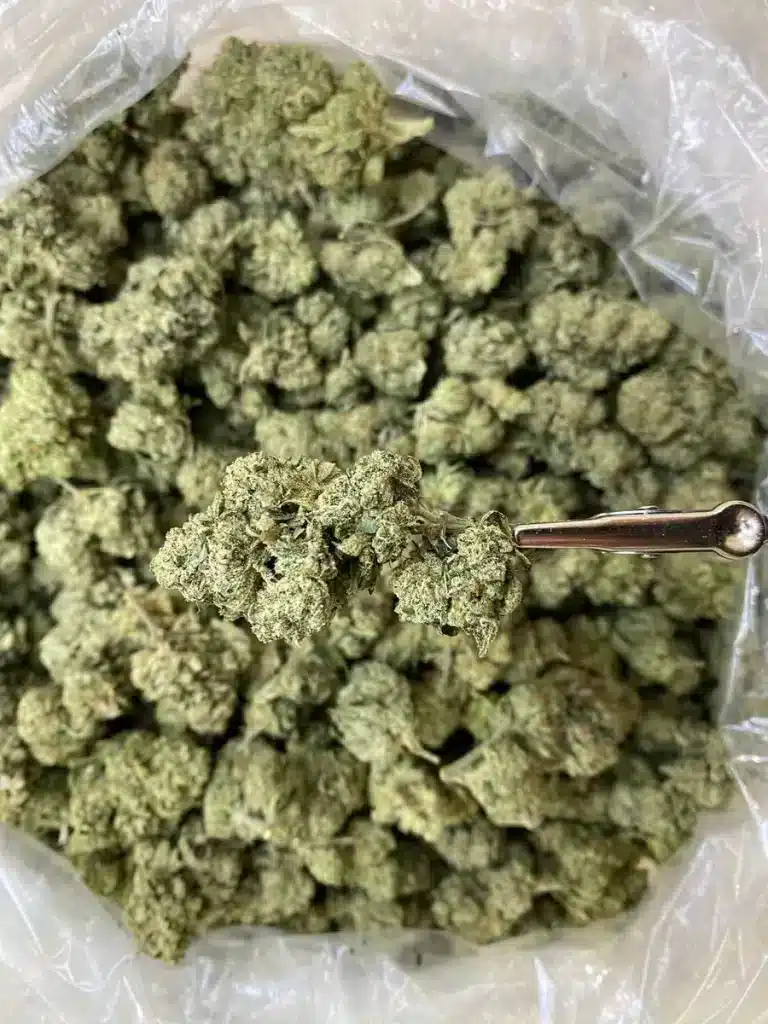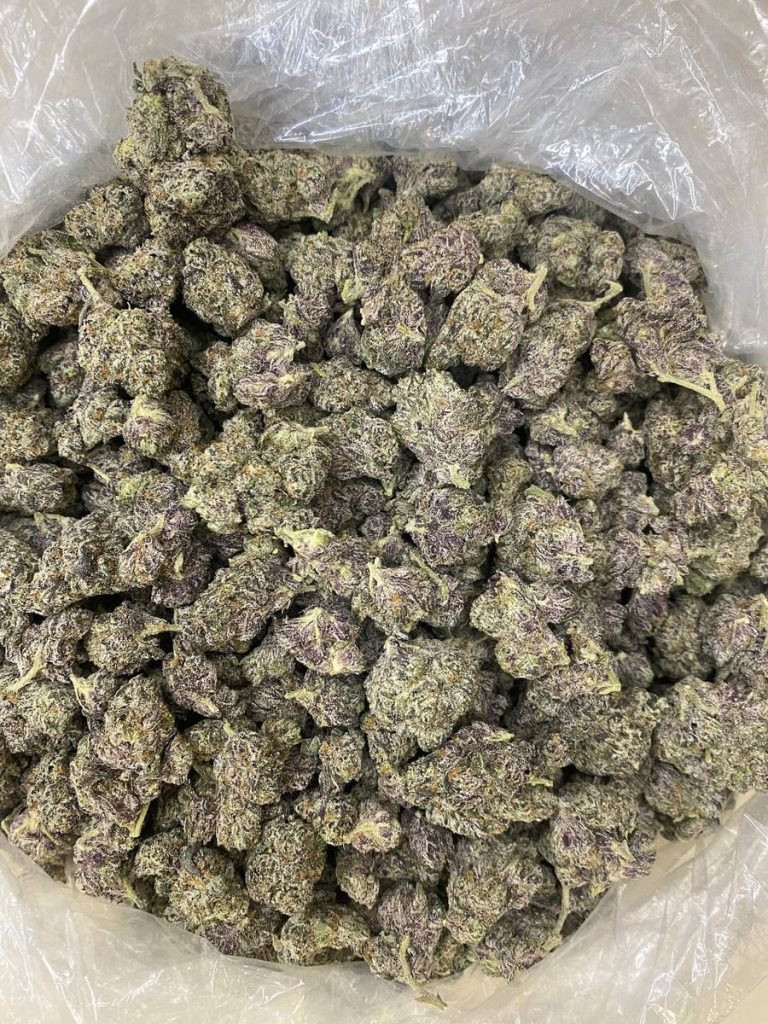Introduction
The Agricultural Improvement Act of 2018, commonly known as the 2018 Farm Bill, was a significant piece of legislation that had far-reaching impacts on various aspects of agriculture in the United States. One of the most significant aspects of the bill was its provisions related to hemp and its derivatives, including THC-A. In this article, we will explore the 2018 Farm Bill, its impact on the hemp industry, and what it means for THC-A production.
What is the 2018 Farm Bill?
Signed into law on December 20, 2018, the 2018 Farm Bill is a comprehensive piece of legislation that covers various aspects of American agriculture and nutrition programs. While the bill addresses a wide range of issues, one of its most notable features was the legalization of hemp at the federal level.
Legalization of Hemp
Prior to the passage of the 2018 Farm Bill, hemp was classified as a Schedule I controlled substance under the Controlled Substances Act of 1970. This classification meant that hemp was treated the same as marijuana, making it illegal to cultivate, sell, or possess.
However, the 2018 Farm Bill changed this by removing hemp from the list of controlled substances. Under the new legislation, hemp is defined as cannabis plants and derivatives that contain no more than 0.3% THC (tetrahydrocannabinol) by dry weight. This distinction is significant because THC is the psychoactive compound found in marijuana that produces the “high” commonly associated with the plant.
What is THC-A?
THC-A, or tetrahydrocannabinolic acid, is the non-psychoactive precursor to THC found in raw cannabis plants. When cannabis is heated through smoking, vaporization, or cooking, THC-A is converted into THC, which is psychoactive.
Impact on THC-A Production
The legalization of hemp under the 2018 Farm Bill has had a significant impact on the production of THC-A. Prior to the passage of the bill, producers were limited in their ability to cultivate hemp for the purpose of extracting THC-A due to its classification as a Schedule I controlled substance.
However, with hemp now legal at the federal level, producers are able to cultivate the plant and extract THC-A without fear of legal repercussions. This has opened up new opportunities for the production of THC-A and has led to an increase in the availability of THC-A products on the market.
Health Benefits of THC-A
THC-A is believed to have a variety of health benefits, although more research is needed to fully understand its effects. Some of the potential health benefits of THC-A include:
- Anti-inflammatory properties: THC-A has been shown to have anti-inflammatory properties, which may make it useful in the treatment of conditions such as arthritis and irritable bowel syndrome.
- Neuroprotective effects: Some studies have suggested that THC-A may have neuroprotective effects, which could make it useful in the treatment of neurodegenerative diseases such as Alzheimer’s and Parkinson’s.
- Anti-nausea properties: THC-A has been shown to have anti-nausea properties, which may make it useful in the treatment of conditions such as nausea and vomiting associated with chemotherapy.
- Appetite stimulation: THC-A may also help stimulate appetite, making it useful in the treatment of conditions such as anorexia and cachexia.
Regulatory Considerations
While the legalization of hemp under the 2018 Farm Bill has opened up new opportunities for the production of THC-A, there are still regulatory considerations that producers must take into account. In order to cultivate hemp legally, producers must adhere to certain guidelines set forth by the U.S. Department of Agriculture (USDA).
These guidelines include:
- THC Content: Hemp plants and derivatives must contain no more than 0.3% THC by dry weight in order to be considered legal under the 2018 Farm Bill.
- Licensing: Producers must obtain a license from their state’s department of agriculture in order to cultivate hemp legally.
- Testing: Hemp crops must be tested for THC content by a DEA-registered laboratory to ensure that they meet the legal definition of hemp.
- Compliance: Producers must comply with all state and federal regulations governing the cultivation of hemp, including rules related to pesticide use, land use, and reporting requirements.
Conclusion
The passage of the 2018 Farm Bill was a significant milestone for the hemp industry, as it legalized hemp at the federal level and opened up new opportunities for the production of THC-A and other hemp derivatives. While there are still regulatory considerations that producers must take into account, the legalization of hemp has paved the way for a new era of innovation and growth in the hemp industry.
As research into the health benefits of THC-A continues, it is likely that we will see an increase in the availability of THC-A products on the market. Whether you are interested in the potential health benefits of THC-A or are considering entering the hemp industry as a producer, it is important to stay informed about the latest developments in hemp regulation and research.
By understanding the implications of the 2018 Farm Bill and staying up-to-date on the latest research, you can position yourself for success in the rapidly growing hemp industry.







